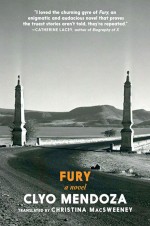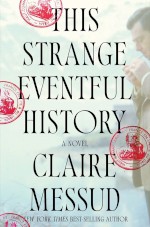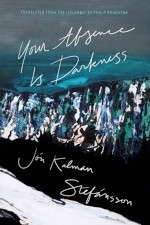
The Anthropologists
Ayşegül Savaş (Bloomsbury)
At the beginning of Savaş’s lean and heavy-hitting novel, the narrator faces a “moment of panic” with her partner: they’ve decided to put down roots, having spent the past several years living far from their respective homelands. The story, framed as an apartment search, blossoms into an indelible meditation on the meaning of home.
Buy this book
PREVIOUS
LIST
NEXT





















































